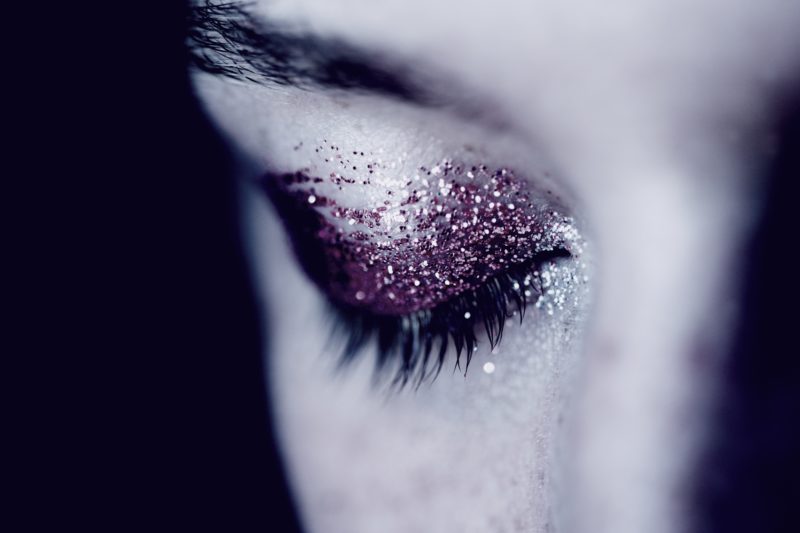About 4.4 percent of U.S. adults experience bipolar disorder at some time in their lives—and chances are, you’ve heard of celebrities like Demi Lovato, Russell Brand, and Catherine Zeta-Jones struggling with the condition.
Here’s the good news: With the proper treatment, people with bipolar disorder can lead full, productive lives.
What Is Bipolar Disorder?
Bipolar disorder is a mental illness that causes dramatic shifts in mood, energy, concentration, and ability to function. Keep in mind that these are not run-of-the-mill ups and downs. People with bipolar disorder experience intensely high (manic) and low (depressive) moods, with episodes typically lasting days or weeks.
While the specific causes of bipolar disorder are unclear, it’s likely an imbalance of brain chemicals that leads to dysregulated brain activity. Bipolar disorder commonly runs in families, and research suggests that people with certain genes are more likely to develop the condition. Stress, sleep disruption, and drug and alcohol use may trigger episodes in vulnerable individuals.
Types of Bipolar Disorders
Bipolar disorder is actually a category that includes three different (and progressively less intense) diagnoses: bipolar I, bipolar II, and cyclothymia.
- Bipolar I. This is an illness in which a person experiences one or more manic episodes, with or without hypomanic (less severe) or depressive episodes.
- Bipolar II. This diagnosis involves depressive episodes and hypomanic episodes, but no manic episodes.
- Cyclothymia. This is a chronically unstable mood characterized by periods of hypomanic symptoms and periods of depressive symptoms, without full-blown episodes.
Spotting the Signs
In order to properly diagnose and treat bipolar disorder, it’s important to know what to look for. Here’s a breakdown of the most common signs and symptoms.
During manic episodes, symptoms may include:
- Racing thoughts
- Decreased need for sleep
- Increased feelings of power or self-importance
- Loss of appetite
- Irritability
- Risky behavior (e.g., reckless driving or spending)
During depressive episodes, symptoms may include:
- Trouble concentrating or making decisions
- Sleeping too much
- Loss of interest in almost all activities
- Increased appetite and weight gain
- Restlessness
- Hopelessness and suicide ideation
If you or your loved one are experiencing manic or depressive symptoms, talk with your doctor. Only a mental health professional can diagnose bipolar disorder.
Managing Bipolar Disorder
Though there is no cure for bipolar disorder, treatment is available to manage symptoms. Take a look at the most common methods of bipolar management:
Psychotherapy: Psychotherapy (including cognitive behavioral therapy) can be a particularly effective aspect of bipolar treatment, helping people identify and change problematic thoughts and behaviors. Individual, family, and group therapy offer support, guidance, and education on living with bipolar disorder.
Medication: Mood stabilizers like lithium are the most commonly prescribed type of medication for bipolar disorder. These medications are designed to improve communication between brain cells to help stabilize mood and emotions. Other medications for bipolar may include antipsychotics or antidepressants.
Exercise: Regular exercise like swimming, biking, jogging, or walking can promote healthy sleep patterns and ease symptoms of depression and anxiety. Meditation and yoga can also foster a calm, measured mindset, counteracting the distractibility and disorganized thoughts that may accompany manic episodes.
Mood journal. Self-management strategies—like keeping a mood journal or life chart—can be an effective way to observe patterns in mood fluctuation. Recognizing and recording an episode’s early symptoms can help you and your mental health provider track and treat bipolar disorder over time.
If you or your loved one are living with bipolar disorder, you don’t have to go it alone. With inpatient treatment at a luxury mental health facility, you can get the help you need to manage bipolar disorder and live a healthy, satisfying life.
Is it time to seek treatment for bipolar disorder? We’re here to help. Contact Beachside Rehab’s caring admissions counselors at 866-714-4523 to learn more about our private mental health treatment programs.

